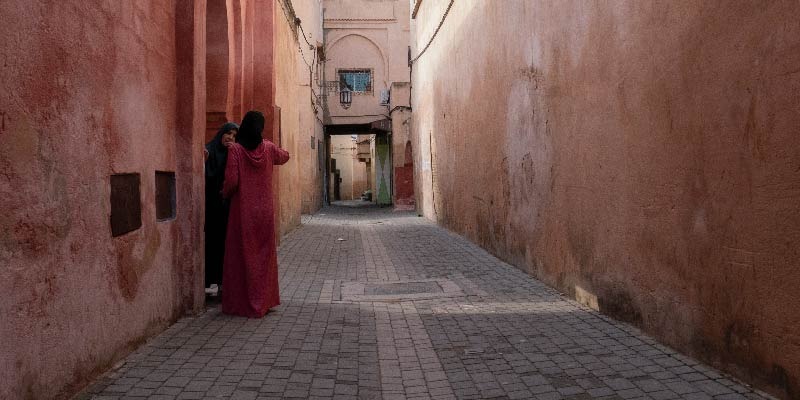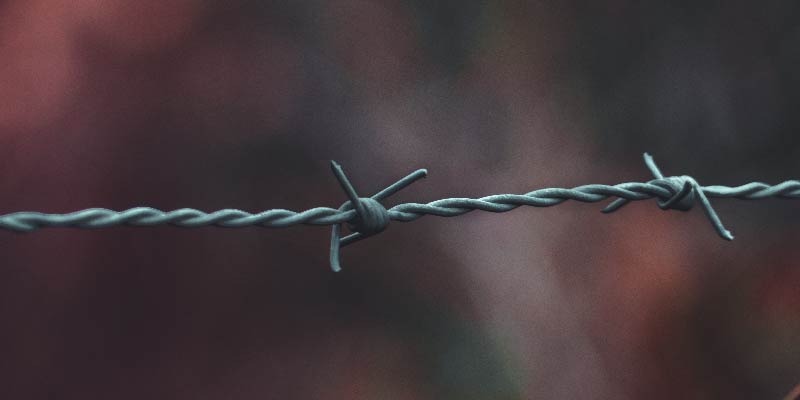Staying Safe in Somalia: 9 Top Security Tips For Humanitarian Aid Workers
Our main goal is to keep our staff who all work on impactful humanitarian and development projects in conflict-affected regions – safe, which is why we’ve invested so much time into our duty of care and safety protocols. Iman Elman has had first-hand experience of Somalia’s volatile security situation. Here she shares her insider’s knowledge on working around Mogadishu:
Make sure you are always carrying identification
With the increased security checkpoints in and around Mogadishu, your identification card is your access card to freely travel around the city. It is common to approach a checkpoint every 1-2km around town, this includes the airport compounds. Do not wear your ID card publicly visible around your neck at all times, but ensure that it is always with you in your back pocket. Avoid sharing your official organizational and employee ID cards when not traveling within the safe zone, opt to use a National ID, driver’s license, or student card instead. There have been various incidents where individuals have become targets due to issues both personal and/or political relating to their respective organizations and or institutions. If you are a foreigner, ensure that your driver and other personnel provide their ID cards at checkpoints.
Keep moving – avoid routine
Never remain in a single location for a long duration. When out in town, always remain cautious. Change your vehicle movements, vehicle models and working hours frequently. This method should also be applied to personal safety: avoid going out for a smoke break at the exact same time every day, ordering lunch from the same café, and sitting in the same seat or near windows or exit doors.
Don’t over-share information about your movements. But tell the right people.

It’s estimated that 80% of attacks are pre-planned, so be cautious with your movements as well as your dialogue. Refrain from sharing your upcoming movements with anyone besides your FSO, your ‘Buddy’, and your driver as per CTG’s SafeTrip® process. By getting approval for your trip and informing the right people, we are able to respond faster in a crisis situation.
Soak up your surroundings
When travelling into a city like Mogadishu, ensure that you are observant of your surroundings – this will help assess your situation. In Somalia, factors such as how locals are dressed indicate if you are in a predominantly government controlled area or Al-Shabaab controlled zone. If an area doesn’t have many women or children moving around freely, then it’s a hostile zone.
Avoid any unnecessary movements after sundown
No street lights? Then it’s unsafe – local militants and AS insurgents have denied the use of street lights. My advice would be always avoid any unnecessary movements once the sun has set.
Be cautious of vehicles and avoid parking spaces
There has been an increase in Vehicle Born Improvised Explosive Devices (VBIEDs) in Somalia. VBIEDs come in various models and sizes; the preferred options are magnetic, which means they’re easily positioned and the size of a mango. VBIEDs can be planted in a vehicle without the knowledge of the driver or the owner. Avoid entering vehicles that have not been properly searched, regardless of the status of the driver or owner. If you are residing at a guest house or hotel, ask local security guard forces to thoroughly check the vehicle prior to entry. There have been instances where the driver or owner of the vehicle is not the target, but rather the compounds or hotels they frequent.
Make sure you know the boundaries of the Green Zone

In Somalia, various cities have Green Zones and Danger Zones. This is not something that necessarily remains constant. What may be within the Green Zone one week can easily be proclaimed as a Danger Zone within 24hrs. You can check this with your FSO and stay updated with security alerts via the CTG app.
If you have a close security protection unit, determine safety before travelling into town
If you are traveling with a large convoy or security personnel, try not to stop in the city. If you’re perceived as someone important, you may become a target. If you have to stop, avoid getting out of your vehicle unless it is mandatory, or the area has been deemed as safe. There have been incidents of hand grenades being hurled at Armoured Personnel Carriers to acquire media attention.
Don’t hand out money to panhandlers or pay at local security checkpoints
Avoid soliciting panhandlers including small children, as this can easily form into large groups making you more vulnerable to theft. Secondly, don’t provide any payments at government security checkpoints or with local security gunman in town. Providing small incentives at checkpoints can turn negative very quickly. Allow others to communicate to local security guard forces to avoid having direct communications.


